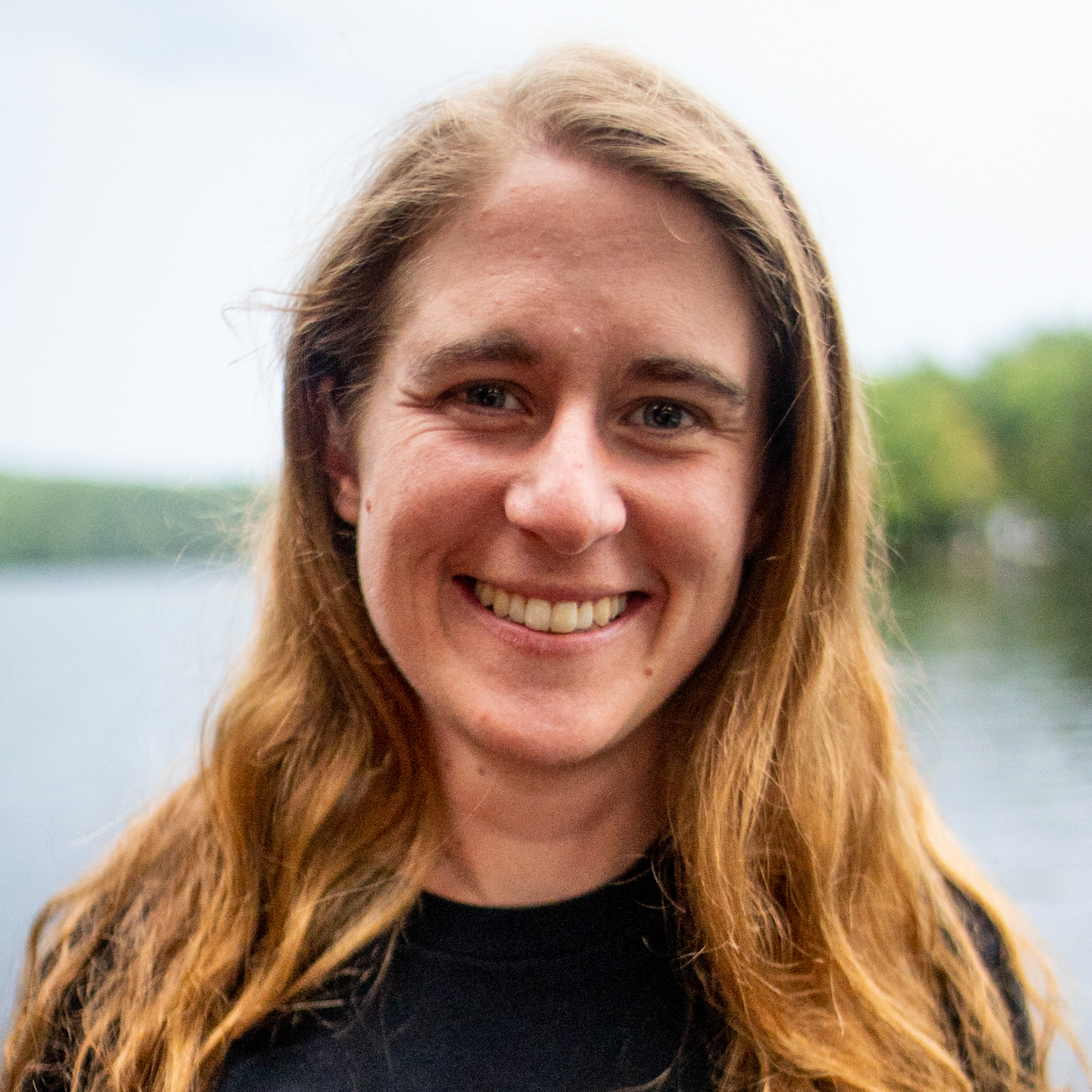Junior Research Parasite Award Speech (Jan 2019)
Published:
The following is a copy of the short speech I gave upon receiving the 2019 Junior Research Parasite Award this past January.
Thanks Casey. The paper that I submitted for this award was a meta-analysis of 28 gut microbiome studies, where I downloaded and reprocessed the raw data to look at patterns of associations between the microbiome and 10 different diseases.
We found that even though individual bacterial associations aren’t that consistent across studies, the patterns of microbiome shifts are. We also found a large number of bacteria which respond non-specifically to multiple diseases, highlighting the need to contextualize the results of individual studies and suggesting that there may be some sort of shared response to health and disease.
That’s the tl’dr of this work, and Casey also asked me to give some thoughts about life as a parasite. I learned yesterday that I should only talk about three things, so here we go.
First: what is life as a research parasite like? It’s kinda like being a part-time detective and, when that fails, a mind reader. If you want to do secondary analyses, you’ve gotta learn to look for clues about what the original researchers did everywhere that you can: the paper, the metadata, the random SRA fields, and also in the data itself. When that fails, you have to use your own judgment and try your best to keep going. Remember: perfect is the enemy of good and README’s are your friend.
Second: a future where secondary analyses are the norm will happen not only with symbionts who post their data, but also with the development of open-source and easy to use software. In my field especially, we’ve seen a recent development of super accessible bioinformatics tools that I think has led to many clinicians diving in and generating great data from their trials but only using it to ask simple questions related to their clinical trials. So that leaves a lot of room for us parasites to come in and ask different questions, which I think is a cool byproduct of developing accessible software suites.
And finally, the biggest lesson I’ve learned from my life as a parasitic PhD student is humility. The definition of a parasite is an organism that lives off of its host, to the host’s detriment. Now while I’m pretty sure we can all agree that secondary analyses can be done with little or no harm to the original investigators, we still have to remember that as parasites we depend on our hosts to survive. It’s easy to get self-righteous and angry or whatever when the data isn’t there, but at the end of the day I think it’s more productive to try to see where everyone is coming from. Especially as a junior student, it’s really easy to forget that where we see a data point, an additional N to our analysis, clinicians see real-live patients who are often suffering. Also, it’s really hard to do data sharing right. I tried to upload some data to the SRA just this summer and was confused for a lot of the process, and I’m the one with the lamprey!
So I think that keeping these things in perspective will help us approach these conversations in a way that helps engages everyone and leads more quickly to a mutualistic future, which is really where we all want to be.
Anyway, that’s my time - thank you for listening and thanks for the fish.
